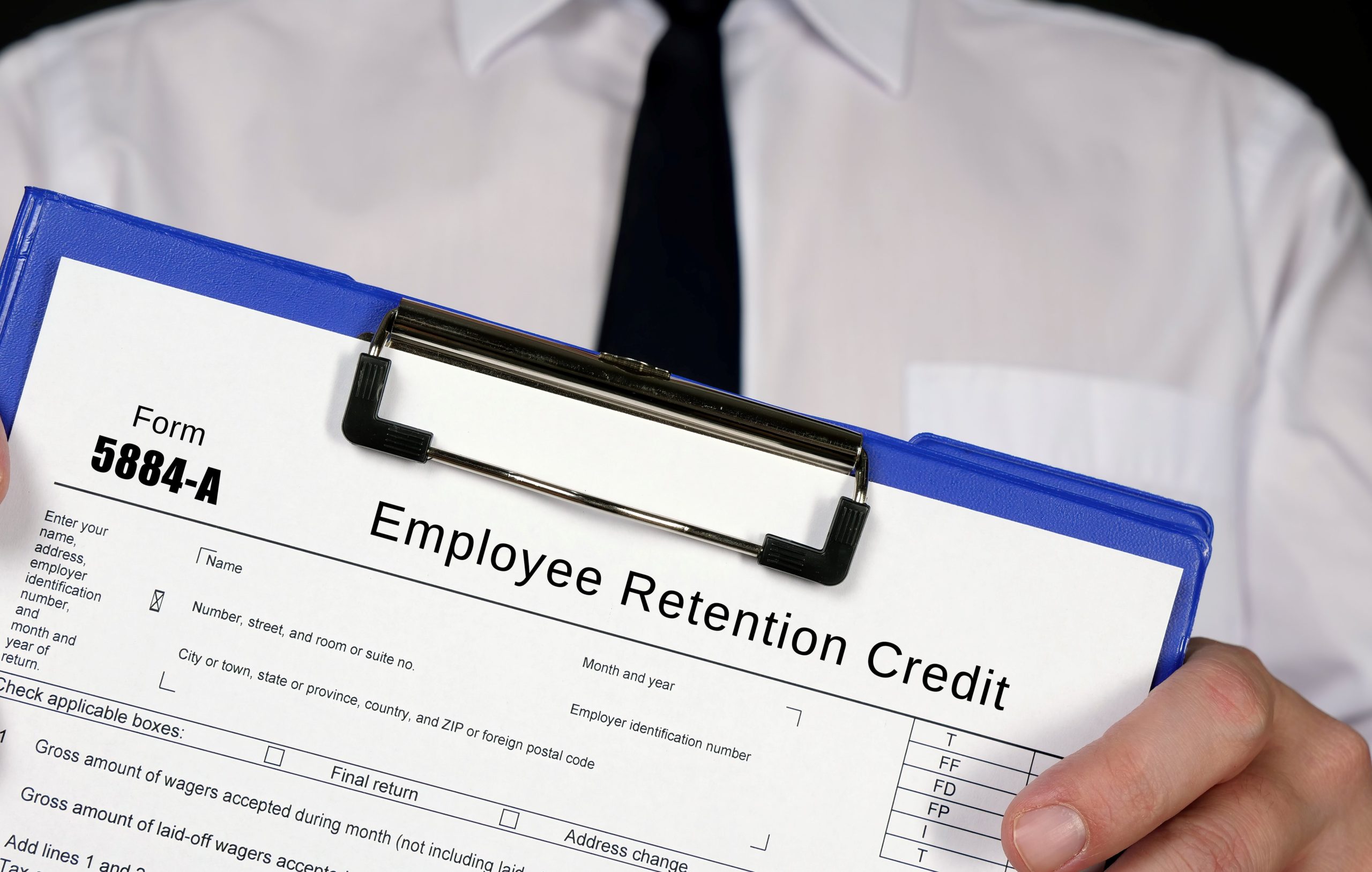The Infrastructure Investment and Jobs Act, signed into law in November 2021, retroactively removed the employee retention credit (“ERC”) for wages paid after September 30, 2021, for all employers other than recovery startup businesses. Recently, the IRS issued guidance for those who delayed payroll tax payments or received cash advances in anticipation of qualifying for the ERC.
Background on the Employee Retention Credit
The ERC was created as part of the CARES Act and provided a maximum $5,000 credit per employee per year for employers severely impacted by the COVID-19 pandemic. In December 2020, the Taxpayer Certainty and Disaster Tax Relief Act of 2020 extended the ERC through June 30, 2021, increased the maximum credit to $7,000 per employee per quarter, and made the credit available for PPP recipients. In March 2021, the American Rescue Plan Act of 2021 extended the ERC through December 31, 2021. The Infrastructure Investment and Jobs Act repealed the ERC for the last quarter of 2021 for all employers other than recovery startup businesses. More information on the ERC can be found here.
Guidance to Employers on Payroll Tax Deposit Timing and Advance Repayments
The IRS previously allowed employers to reduce payroll deposits or apply for an advance of the credit if they anticipated being eligible for the ERC. Many employers were taking advantage of this for wages paid after September 30th since the Infrastructure Act was not signed into law until well into the fourth quarter. These employers were left to wonder how the IRS would treat the delay in tax deposits, which were now technically late. Additionally, employers knew that the advance credits would need to be repaid but did not know when they would be due.
The IRS has announced that employers who anticipated receiving the ERC will not be subject to a failure to deposit penalties for payroll tax deposits due on or before December 20, 2021, if the employer can show they followed the requirements for reducing deposits previously issued by the IRS and deposits the deferred tax promptly. The employer must remit the deferred taxes by the due date for wages paid on December 31, 2021. The actual due date will vary by employer, depending on whether they are a monthly or semi-weekly depositor. The IRS will resume assessing failure to deposit penalties for payroll tax deposits due after December 20, 2021.
Employers that received an advance payment of the anticipated ERC for the fourth quarter must repay the advance to the IRS. The recent guidance issued by the IRS clarifies that the repayment must occur before the due date of the fourth quarter payroll tax return, generally January 31, 2022.
The ERC remains available for wages paid in the fourth quarter of 2021 for recovery startup businesses. A recovery startup business must have started its business operations after February 15, 2020, and must have annualized gross receipts of less than $1,000,000. The maximum credit for a recovery startup business is $50,000 per quarter.
While the repeal of the ERC is disappointing for businesses that may have been relying on additional funding, the IRS guidance and clarification on how to avoid penalties on delayed tax payments is welcome news. Please contact your WG advisor if you have questions or need clarification on the Infrastructure Investment and Jobs Act.





